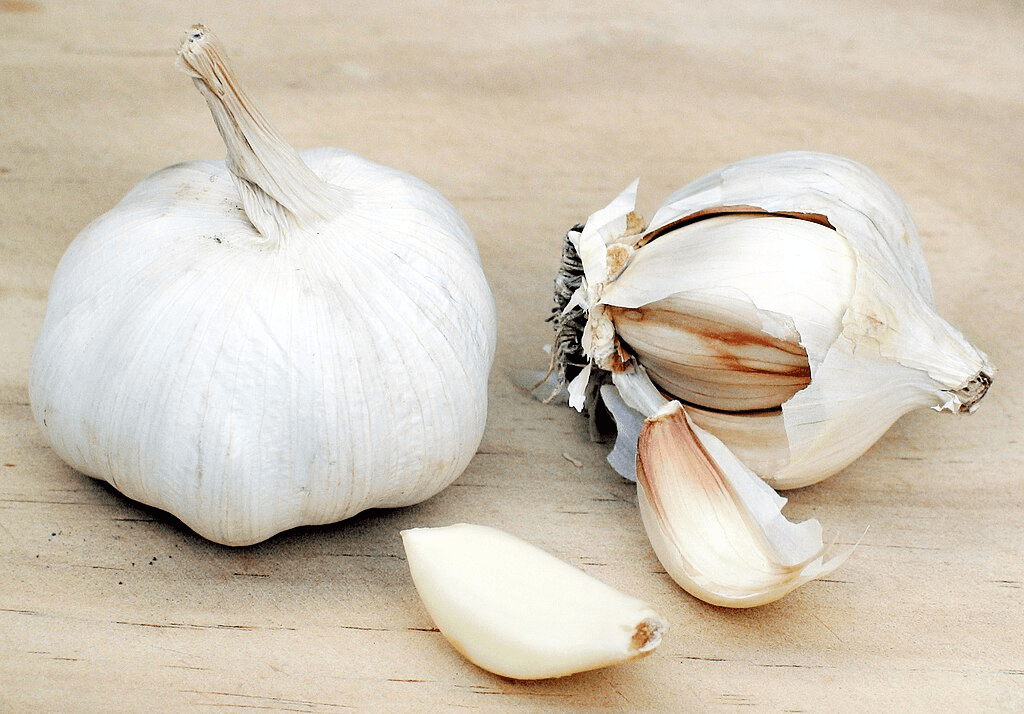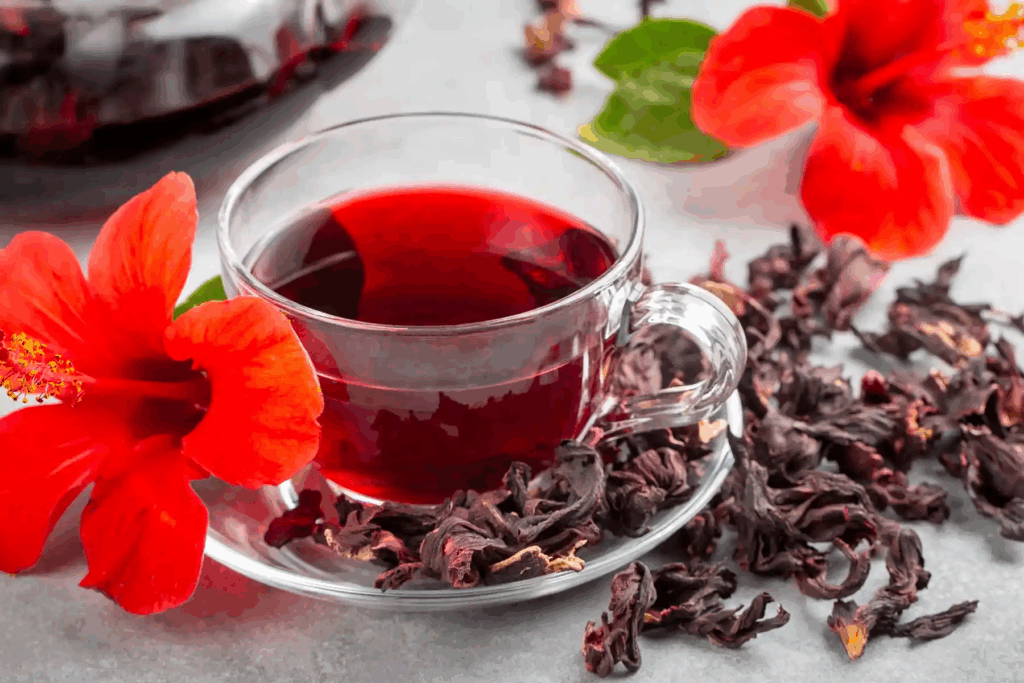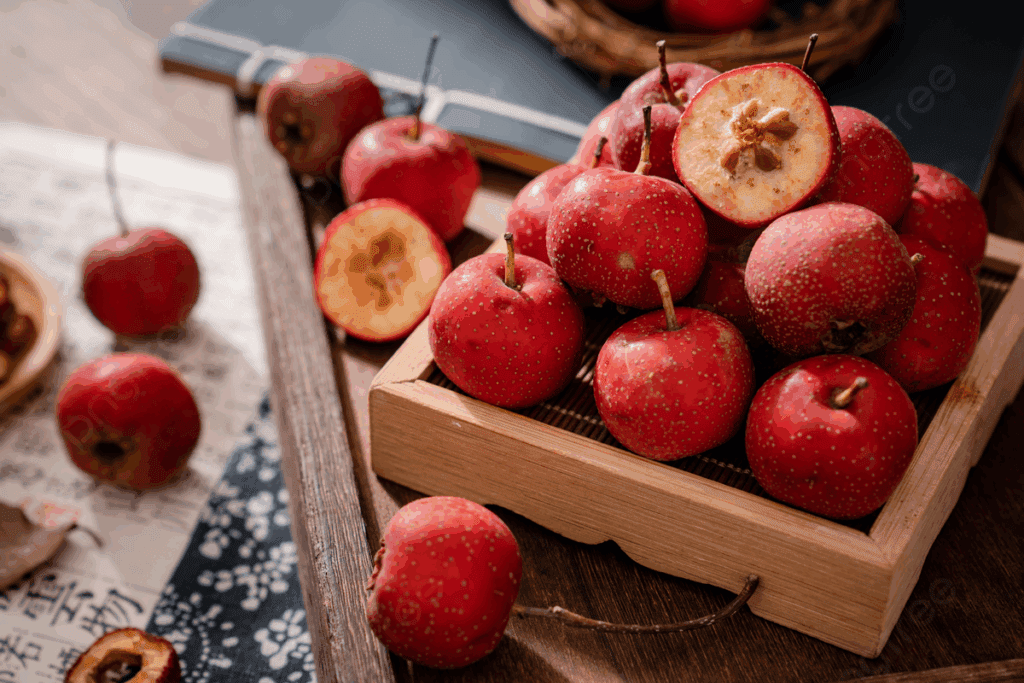High blood pressure is one of the most common health concerns among older adults in the United States. While medications are often necessary, many seniors also look for safe, natural ways to support healthy blood pressure levels. Certain herbs, when used wisely, may offer gentle benefits alongside a balanced diet and active lifestyle. Research suggests that some plant-based options can help relax blood vessels, support circulation, and reduce stress—key factors in managing blood pressure.

Why Natural Approaches Can Be Helpful
Blood pressure tends to rise with age due to changes in arteries, hormone balance, and overall cardiovascular function. According to the American Heart Association, lifestyle habits—like diet, exercise, and stress management—play a big role in keeping numbers in a healthy range.
Herbs can be part of this lifestyle approach, especially for people who want to complement their doctor’s care with natural options. However, it’s important to remember that herbs are not replacements for prescribed medication, and they may interact with certain drugs. Always speak with your healthcare provider before starting any new herbal remedy.
1. Garlic
Garlic has been studied for its potential heart health benefits for decades. Research published in the Journal of Nutrition suggests that compounds in garlic, such as allicin, may help relax blood vessels and improve blood flow.

For seniors, incorporating garlic into meals can be as simple as adding it to soups, roasted vegetables, or salad dressings. Garlic supplements are also available, but the dosage and form should be discussed with a healthcare provider, especially for those taking blood thinners.
Tips for using garlic:
- Use fresh garlic when possible for higher allicin content.
- Crush or chop garlic and let it sit for a few minutes before cooking to activate its beneficial compounds.
- If raw garlic is too strong, try roasting it for a sweeter, milder flavor.
2. Hibiscus
Hibiscus tea, made from the dried petals of the hibiscus flower, has been linked to healthy blood pressure support. A study from the American Heart Association found that regularly drinking hibiscus tea may help lower both systolic and diastolic blood pressure in adults with mild hypertension.
Hibiscus tea has a tart, cranberry-like flavor and can be enjoyed hot or cold. It’s caffeine-free, making it a pleasant evening beverage.

Tips for enjoying hibiscus tea:
- Brew 1–2 teaspoons of dried hibiscus in hot water for 5–10 minutes.
- Sweeten lightly with honey or stevia if desired.
- Drink in moderation, as hibiscus may lower blood pressure more than expected in some people.
3. Hawthorn
Hawthorn berries, leaves, and flowers have been used traditionally to support heart health. Some research, including a review in The Cochrane Database of Systematic Reviews, suggests that hawthorn may help improve blood flow and relax blood vessels, which could contribute to healthier blood pressure levels.
Hawthorn is available as tea, capsules, or liquid extract. Since it can interact with certain heart medications, medical guidance is essential before starting.
Tips for using hawthorn:
- Look for standardized extracts for consistent potency.
- If using tea, steep for at least 10 minutes to extract beneficial compounds.
- Track your blood pressure regularly to monitor any changes.

Lifestyle Habits That Enhance Herbal Benefits
While herbs can be a helpful addition, they work best when paired with other healthy habits. Seniors can further support blood pressure by:
- Eating a diet rich in fruits, vegetables, whole grains, and lean proteins.
- Reducing sodium intake by limiting processed foods.
- Staying active with walking, swimming, or gentle yoga.
- Managing stress through breathing exercises, meditation, or hobbies.
- Getting regular checkups to monitor heart health.
The Bottom Line
For seniors looking to support healthy blood pressure naturally, garlic, hibiscus, and hawthorn are three herbs worth exploring. They can be enjoyed in meals, teas, or supplements, but should always be used with your doctor’s guidance. By combining these herbs with a balanced lifestyle, older adults can take proactive steps toward heart health.
If you found these tips useful, share this article with a friend or family member who’s looking for natural ways to support their blood pressure.
*Disclaimer: This article is for informational purposes only and does not substitute professional medical advice. Consult your doctor before making health changes, especially if you are taking medication or have a heart condition.



